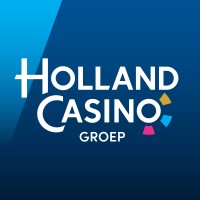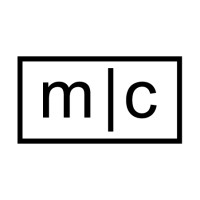
Holland Casino
Holland Casino operates a total of fourteen locations in all parts of the Netherlands. Each one of our casinos offers a welcoming place of entertainment, with a wide range of games and catering services for you to enjoy. Our doors are open 364 days a year for all visitors over 18 years of age, and on an annual basis, Holland Casino welcomes 1.1 million individual visitors. Holland Casino is the only true casino in the Netherlands: only at our casinos are visitors guaranteed an honest game and the highest payout percentages. Visitors to our casino feel immediately drawn to the excitement of the game. This welcoming experience is provided by our members of staff, who want to ensure that each and every visitor enjoys an unforgettable evening at the casino. If required, they can offer you tailor-made gaming and betting options, including a snack and a drink. Holland Casino is a foundation that pays its net profit to the government, excluding transfers to its equity capital. The Ministry of Finance is a quasi-shareholder and the Ministry of Security and Justice, as the licensing authority, is responsible for regulating games of chance.






